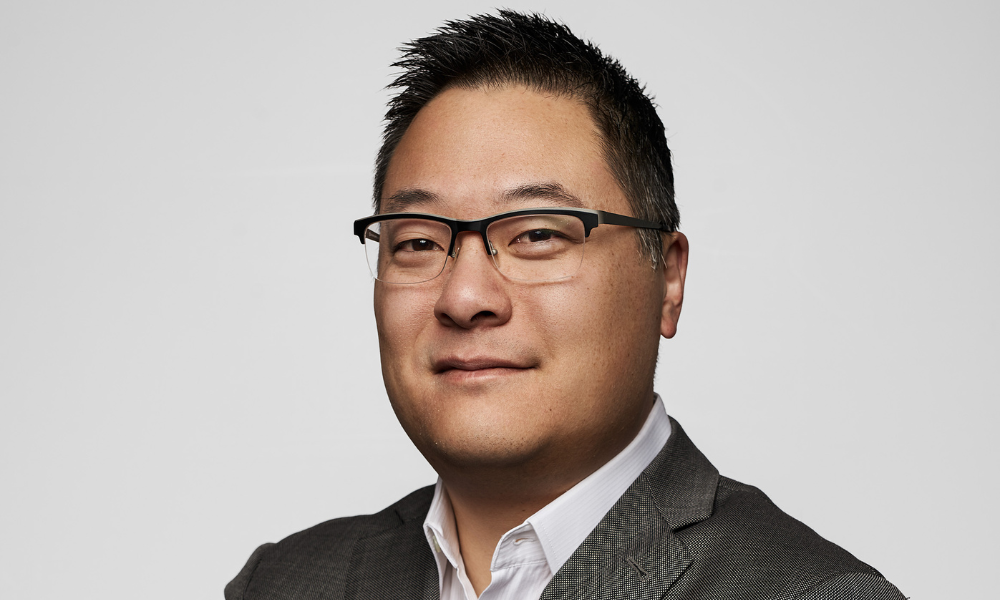A group representing cancer patients say the audit's comments on cancer-drug coverage fell short

Following a report from Ontario’s auditor general that includes recommendations to correct inequities the coverage of oral cancer drugs, an advocacy coalition has criticized the report for falling short in its statements.
The coalition, CanCertainty, is composed of 35 Canadian patient groups, cancer-health charities, oncologists, cancer-care professionals and caregiver organizations. It lobbies for better and more affordable take-home cancer treatments, which it says can cost as much as $8,000 monthly, reported CBC News.
In a health audit report released Wednesday, Ontario Auditor General Bonnie Lysyk commented on gaps in drug-treatment coverage for cancer patients. One notable concern: only cancer drugs administered in a hospital are eligible for full coverage in the province.
Robert Bick, co-lead of CanCertainty, appreciated the auditor’s efforts, but said she was “suggesting bare minimum repairs on an already outdated system.”
Currently, cancer patients who can’t afford take-home oral medication can turn to two separate provincial programs: the Trillium Drug Program and the Exceptional Access Program. According to Bick, the application process for those funds is complicated and can take weeks. That was addressed in Lysyk’s report, which called for a faster approval process.
But according to CanCertainty, the province should provide coverage for all cancer drugs, whether they’re taken at home or administered in a hospital. Such blanket coverage is already provided in Alberta, Saskatchewan, Manitoba and BC.
Dr. Sandy Sehdev, a medical oncologist at the Ottawa Hospital Cancer Centre, told CBC News that Ontario suffers from a “silo mentality,” which ignores the reality that cancer treatment is increasingly being provided orally at home. According to Sehdev, those drugs should be funded the same way as intravenous medications.
He also noted the delays and difficulties in financial aid. He shared one story of a family doctor who told him dealing with financial aid applications is “more complex than filling out a tax return.”
“We've all had patients who have either passed away or become too sick to have treatment just because of the delay,” Sehdev said.
“I believe it's absolutely cruel and I believe it's unnecessary,” Bick said. “[In] a healthcare system that strives to be better, this should be one of the first things we try and repair."
Related stories:
New study suggests sugar industry cover-up of link to heart disease, cancer
Canadian skin-cancer detector prototype wins global engineering tilt
The coalition, CanCertainty, is composed of 35 Canadian patient groups, cancer-health charities, oncologists, cancer-care professionals and caregiver organizations. It lobbies for better and more affordable take-home cancer treatments, which it says can cost as much as $8,000 monthly, reported CBC News.
In a health audit report released Wednesday, Ontario Auditor General Bonnie Lysyk commented on gaps in drug-treatment coverage for cancer patients. One notable concern: only cancer drugs administered in a hospital are eligible for full coverage in the province.
Robert Bick, co-lead of CanCertainty, appreciated the auditor’s efforts, but said she was “suggesting bare minimum repairs on an already outdated system.”
Currently, cancer patients who can’t afford take-home oral medication can turn to two separate provincial programs: the Trillium Drug Program and the Exceptional Access Program. According to Bick, the application process for those funds is complicated and can take weeks. That was addressed in Lysyk’s report, which called for a faster approval process.
But according to CanCertainty, the province should provide coverage for all cancer drugs, whether they’re taken at home or administered in a hospital. Such blanket coverage is already provided in Alberta, Saskatchewan, Manitoba and BC.
Dr. Sandy Sehdev, a medical oncologist at the Ottawa Hospital Cancer Centre, told CBC News that Ontario suffers from a “silo mentality,” which ignores the reality that cancer treatment is increasingly being provided orally at home. According to Sehdev, those drugs should be funded the same way as intravenous medications.
He also noted the delays and difficulties in financial aid. He shared one story of a family doctor who told him dealing with financial aid applications is “more complex than filling out a tax return.”
“We've all had patients who have either passed away or become too sick to have treatment just because of the delay,” Sehdev said.
“I believe it's absolutely cruel and I believe it's unnecessary,” Bick said. “[In] a healthcare system that strives to be better, this should be one of the first things we try and repair."
Related stories:
New study suggests sugar industry cover-up of link to heart disease, cancer
Canadian skin-cancer detector prototype wins global engineering tilt



